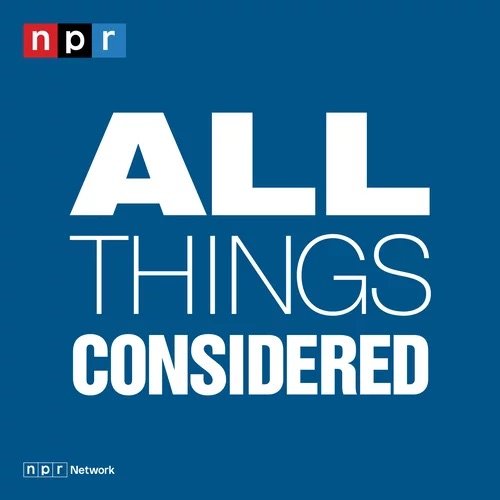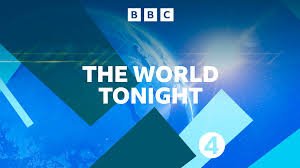NPR's Mary Louise Kelly talks with Jean Lee, a journalist specializing in North Korea, about the country's report of a major disease outbreak that state media is not calling COVID-19, yet.
MARY LOUISE KELLY, HOST:
All through the pandemic, right up to a week ago today, North Korea claimed it did not have a single case of COVID-19 - not one. Now the country's government has announced an outbreak of fevers and sickness. North Korea is reporting almost 2 million suspected cases, though it is still not calling this COVID. And the vaccination rate there - basically zero.
I want to bring in Jean Lee. She is a journalist who specializes in North Korea and who was just at the border between North and South Korea last week. Hey there.
JEAN LEE: Hi, Mary Louise.
KELLY: Hey. So start with these numbers. The government says almost 2 million cases. They're confirming dozens of deaths from fever. Do we trust these numbers?
LEE: I think we should always be a little bit suspicious of any information coming from North Korea state media. And of course, it's so difficult to confirm these because we're not there. We don't have anyone there who can really vouch for these figures.
And the other thing that I find astounding is that they haven't reported anything to the World Health Organization. So I make it a practice to check out the WHO COVID-19 dashboard. And it's still zero cases for North Korea, zero confirmed cases. And so not even the WHO is able to really check and confirm those numbers.
KELLY: Although I gather you have your suspicions. Tell me why.
LEE: I find it hard to believe that North Korea hasn't had COVID cases, to be honest. I mean, this is a country that shares a long border with China, and there was a lot of traffic across that border in the early weeks of the pandemic in late 2019. So it's hard to believe that there would be no cases.
However, it's probably true that they didn't have test kits, so they wouldn't have had the tests to confirm that it was COVID. And I think we should remember that this is a country that is very good at covering up the truth. I think what's interesting is why are they coming out with this information now?
KELLY: Why are they coming up with this information now?
LEE: Well, it's hard for us to tell. It could be that the case count has just reached a point where it can't be covered up. But I think it's more a matter of timing and that this is a moment where Kim Jong Un is looking to send a signal to the outside world and is ready for North Korea to rejoin the outside world.
He's been keeping the world out for 2 1/2 years, sealing the borders, claiming that he's done a great job protecting his people from this outside threat. But that closure of the border has come at a high price for the North Korean people because that means not only the people unable to get back and forth across the border, but food, medicine, goods have had a very hard time getting across that border. So I think he's needed a way to kind of rejoin the world.
KELLY: If that is true, if he is looking to rejoin the world, why is North Korea turning down offers of vaccines? I mentioned that North Koreans aren't vaccinated. I mean, it's practically zero.
LEE: The North Koreans had been allocated vaccines through COVAX. He had said no to the vaccines from China. I think that it was a matter of timing, that he wasn't ready to allow those vaccines and experts who accompany the vaccines to administer them into the country. And it'll be very interesting to see if he allows them in during this crisis.
KELLY: So big picture, what might be the implications here for Kim Jong Un, for his regime, for his leadership?
LEE: I do think that an unchecked epidemic would have implications for North Korea in terms of its public health. And you might assume that it would also test his leadership. And it is a test.
But I do also think that by making it public, Kim Jong Un feels that he has this under control in a certain way. He's going to use it in a certain way. He has been characterizing the pandemic and COVID as a threat from the outside world. And so I think in a way that he will use it to his advantage, just like he has every other opportunity. So I think that what I'm looking at is more what kind of political opportunity is there for him in engaging with the outside world?
KELLY: Journalist Jean Lee, thanks so much for joining us.
LEE: Thank you so much.





















